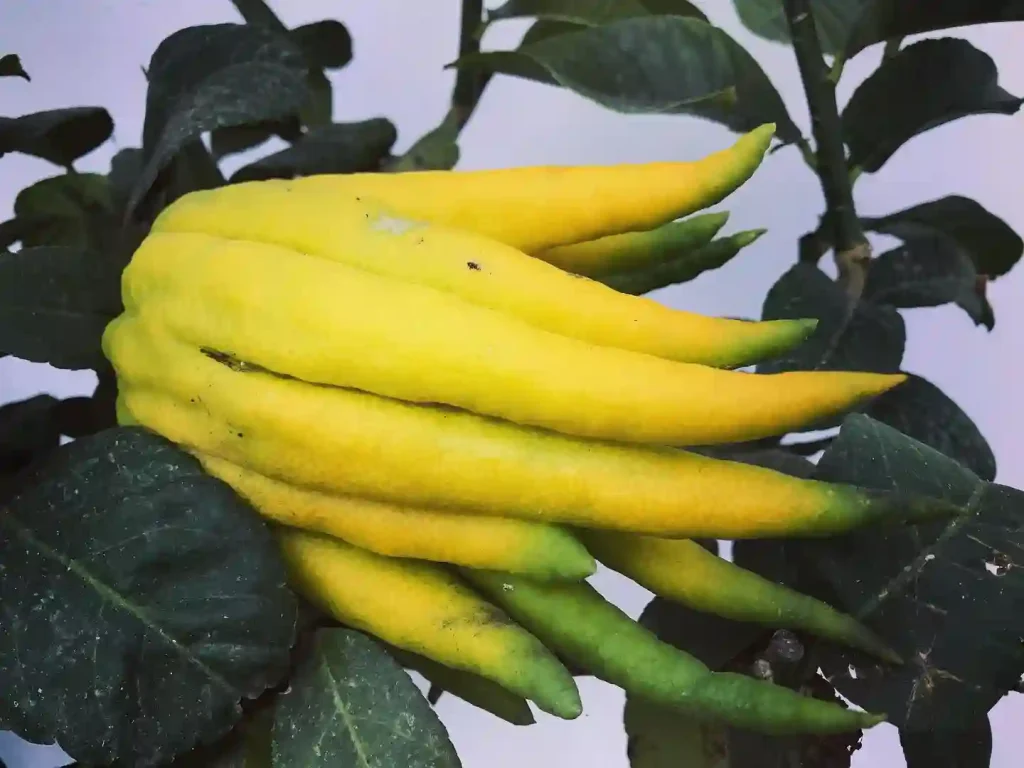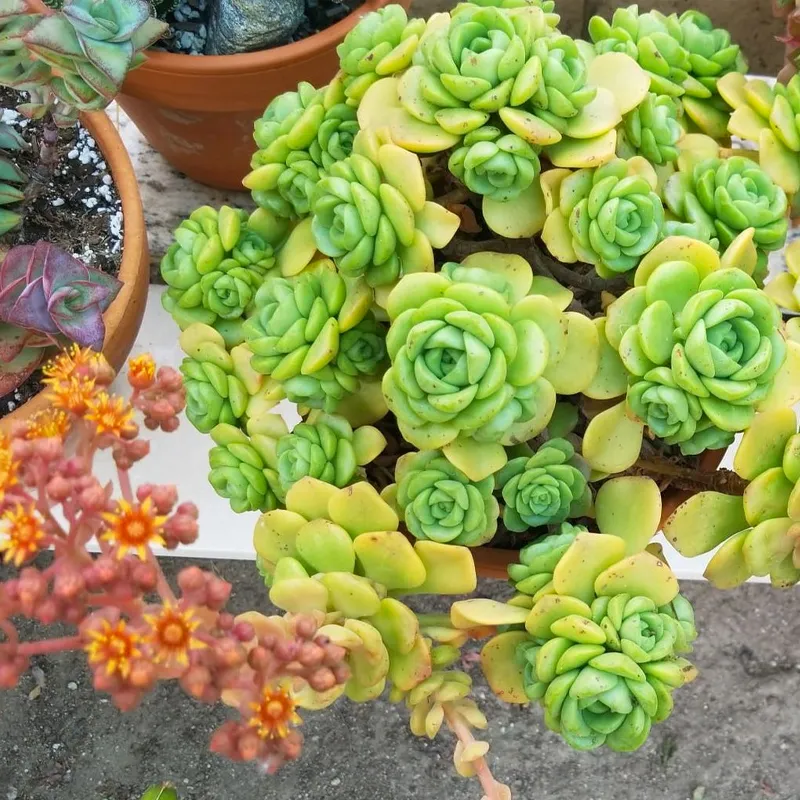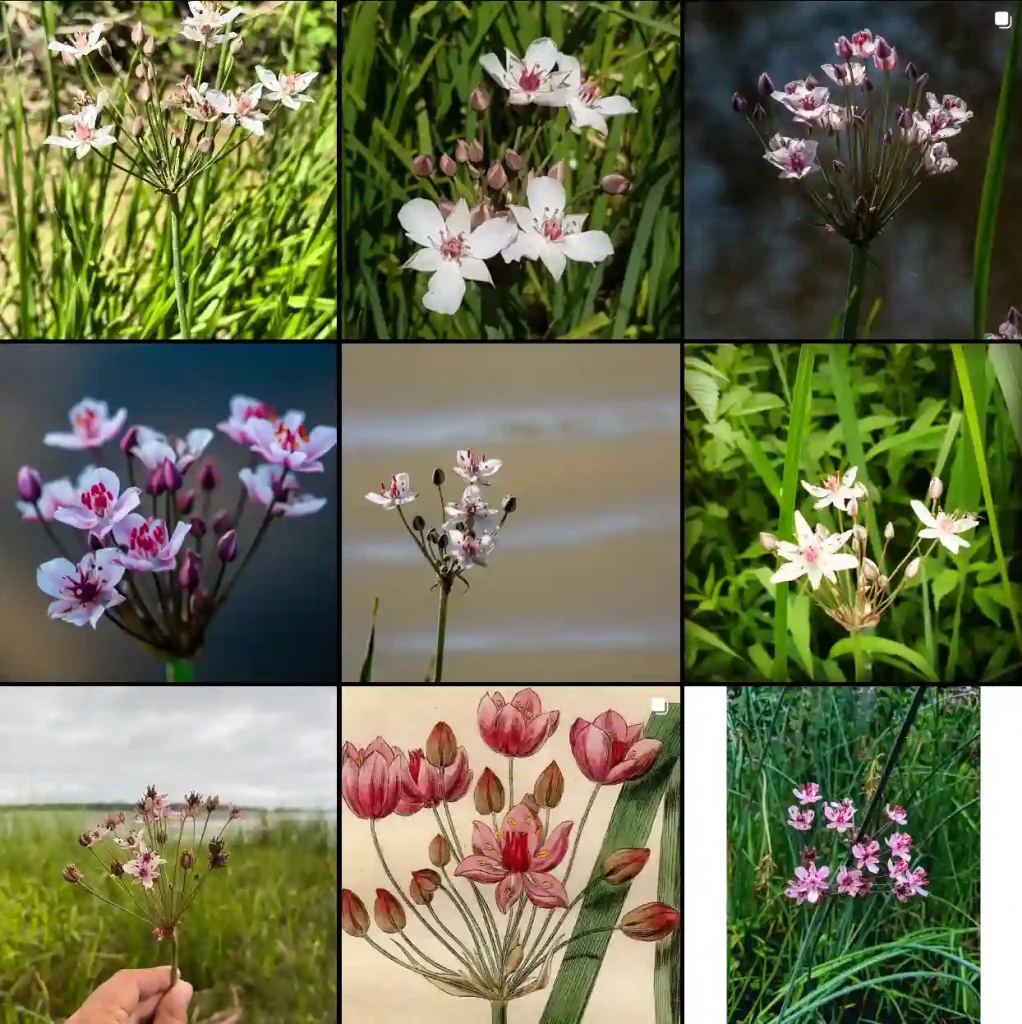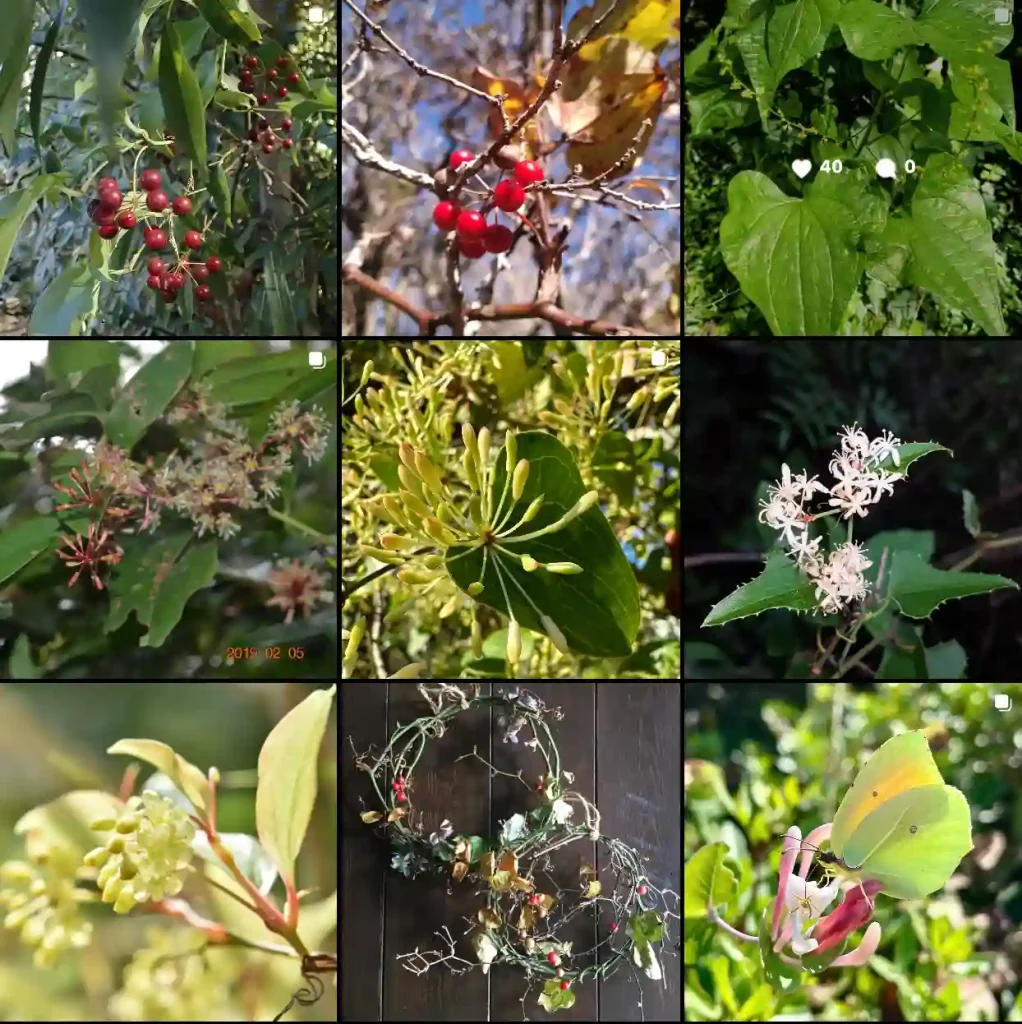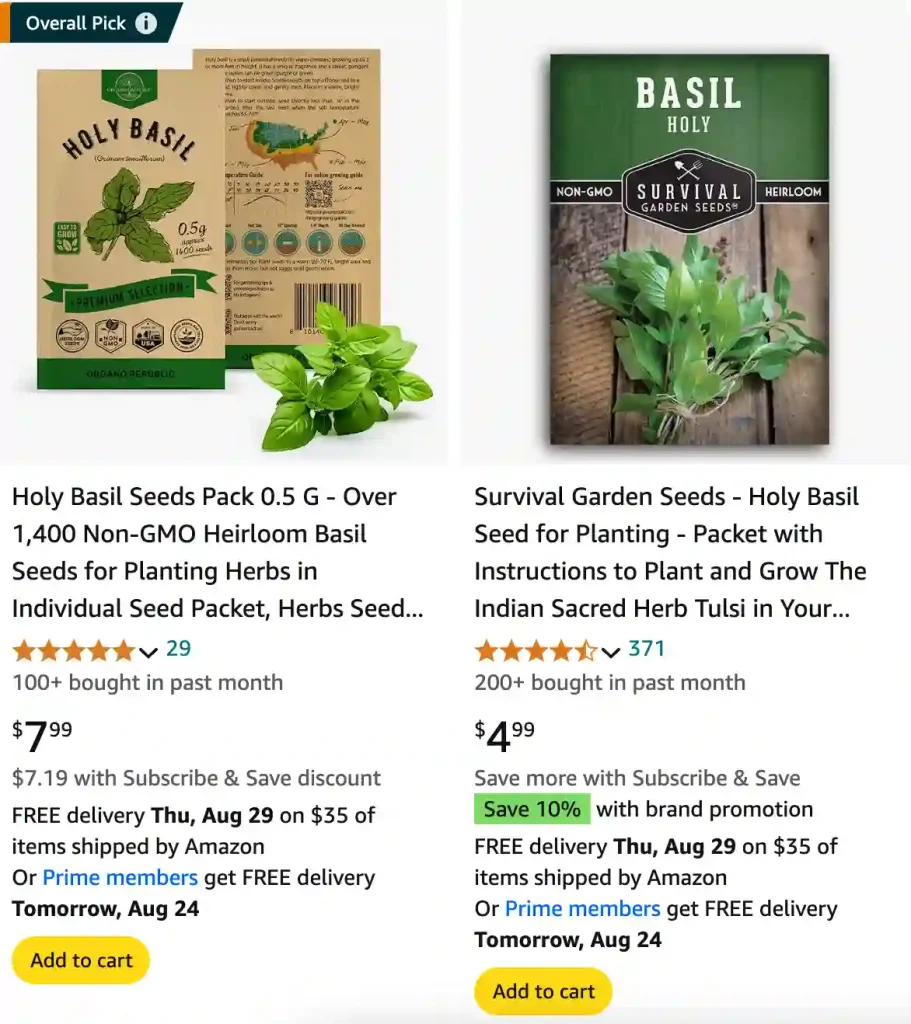
Holy Basil: Your Essential Guide to FAQs
Holy Basil or Tulsi, scientific know as Ocimum Tenuiflorum, is a revered herb in many cultures, particularly in India. It’s not just a flavorful addition to dishes but also a plant with significant medicinal value. As someone who has grown and used Holy Basil extensively, I’ve encountered many questions about this remarkable herb. Here’s a comprehensive guide to the most frequently asked questions.
66 Species in Genus Ocimum
Where to Buy Holy Basil?
You can find Holy Basil at various places, including health food stores, garden centers, and online retailers. If you’re looking for seeds to grow your own, check out seed companies or gardening websites. For fresh plants, local nurseries or specialty stores focused on herbs are good places to start.
How to Grow Holy Basil?
Growing Holy Basil is quite straightforward. Start by choosing a sunny spot with well-drained soil. You can plant it in your garden or in pots. If you’re starting from seeds, sow them indoors 6-8 weeks before the last frost. Transplant seedlings outdoors once the risk of frost has passed. Ensure they get plenty of sunlight and water regularly but avoid waterlogging.
Is Holy Basil a Perennial?
Yes, Holy Basil is typically grown as an annual in temperate climates but is a perennial in tropical and subtropical regions. In warmer climates, it can live for several years, continuously providing fresh leaves.
How to Make Holy Basil Tea?
Making Holy Basil tea is simple. Boil water and steep a few fresh or dried Holy Basil leaves for about 5-10 minutes. Strain the leaves and enjoy the tea. You can add honey or lemon for additional flavor if you like.
What Does Holy Basil Taste Like?
Holy Basil has a distinctive taste that’s a bit spicy, slightly peppery, and sweet with hints of clove. Its flavor profile is quite different from common sweet basil, making it unique in both culinary and medicinal uses.
How to Harvest Holy Basil?
Harvest Holy Basil by picking the leaves when the plant is around 6-8 inches tall. For best flavor, harvest in the morning after the dew has dried. You can also pinch back the tips of the plant to encourage bushier growth. Regular harvesting can also help prevent the plant from flowering too early, which can make the leaves taste bitter.
Is Holy Basil the Same as Thai Basil?
No, Holy Basil and Thai Basil are different. Holy Basil (Tulsi) has a spicy, clove-like flavor, whereas Thai Basil has a more anise-like taste. They are used in different cuisines and have distinct medicinal properties.
Is Tulsi and Holy Basil the Same?
Yes, Tulsi is another name for Holy Basil. It’s a sacred plant in Hinduism and is known for its spiritual and medicinal benefits. So, if you come across Tulsi, it refers to Holy Basil.
Can You Smoke Holy Basil?
While Holy Basil is traditionally used for its health benefits rather than smoking, it is not recommended to smoke it. The herb is best enjoyed as a tea or in culinary dishes where its flavor and benefits can be utilized more effectively.
How to Grow Holy Basil from Seeds?
To grow Holy Basil from seeds, start by soaking the seeds in water for a few hours before planting. Sow them in seed trays filled with seed-starting mix and cover lightly with soil. Keep the soil moist and place the trays in a warm, sunny location. Once seedlings emerge, transplant them into larger pots or your garden.
Holy Basil vs Basil
Holy Basil (Tulsi) and common Basil (like Sweet Basil) are different species. Holy Basil has a stronger, more complex flavor and is valued for its medicinal properties. Sweet Basil, on the other hand, is commonly used in cooking for its mild, sweet flavor.
Holy Basil vs Thai Basil
Holy Basil and Thai Basil differ significantly. Holy Basil has a clove-like taste and is used in Indian cuisine and Ayurvedic medicine. Thai Basil has a distinct anise flavor and is commonly used in Thai and Vietnamese dishes.
Holy Basil vs Sweet Basil
Holy Basil has a peppery, spicy flavor, whereas Sweet Basil has a mild, sweet taste. Holy Basil is often used for its medicinal benefits, while Sweet Basil is a staple in Italian cuisine.
Holy Basil vs Ashwagandha
Holy Basil and Ashwagandha are both valued in Ayurvedic medicine but serve different purposes. Holy Basil is known for its adaptogenic properties and stress-relief benefits, while Ashwagandha is used to enhance strength and vitality.
Holy Basil vs Genovese Basil
Genovese Basil, a variety of Sweet Basil, has a milder flavor compared to Holy Basil. Genovese Basil is commonly used in Italian dishes like pesto, whereas Holy Basil is used for its health benefits and in Indian cuisine.
Holy Basil vs Italian Basil
Italian Basil, often referred to as Genovese Basil, has a sweet, mild flavor suitable for culinary uses. Holy Basil has a more complex, spicy flavor and is valued for its medicinal properties.
Holy Basil vs Lemon Balm
Holy Basil and Lemon Balm have different uses. Lemon Balm has a lemony flavor and is often used in herbal teas for relaxation. Holy Basil has a spicy, clove-like flavor and is used for its adaptogenic properties and spiritual significance.
Holy Basil vs Lemon Basil
Lemon Basil has a citrusy flavor, while Holy Basil has a spicier, clove-like taste. Lemon Basil is used primarily in culinary applications, while Holy Basil is valued for both its flavor and its medicinal benefits.
Holy Basil vs Rhodiola
Holy Basil and Rhodiola are both adaptogens but serve different functions. Holy Basil is used for stress relief and balancing body systems, whereas Rhodiola is known for enhancing physical endurance and mental performance.
Holy Basil vs St. John’s Wort
Holy Basil and St. John’s Wort are used for different health concerns. Holy Basil is used for its adaptogenic and stress-relieving properties, while St. John’s Wort is often used for its antidepressant effects.
Holy Basil vs Tulsi
Tulsi is simply another name for Holy Basil. They are the same plant, known for its spiritual significance and health benefits.
In conclusion, Holy Basil is a versatile herb with distinct characteristics that set it apart from other types of basil and herbs. Whether you’re growing it in your garden, making tea, or exploring its medicinal benefits, Holy Basil offers a unique blend of flavor and health benefits that are worth exploring.
If i die, water my plants!
